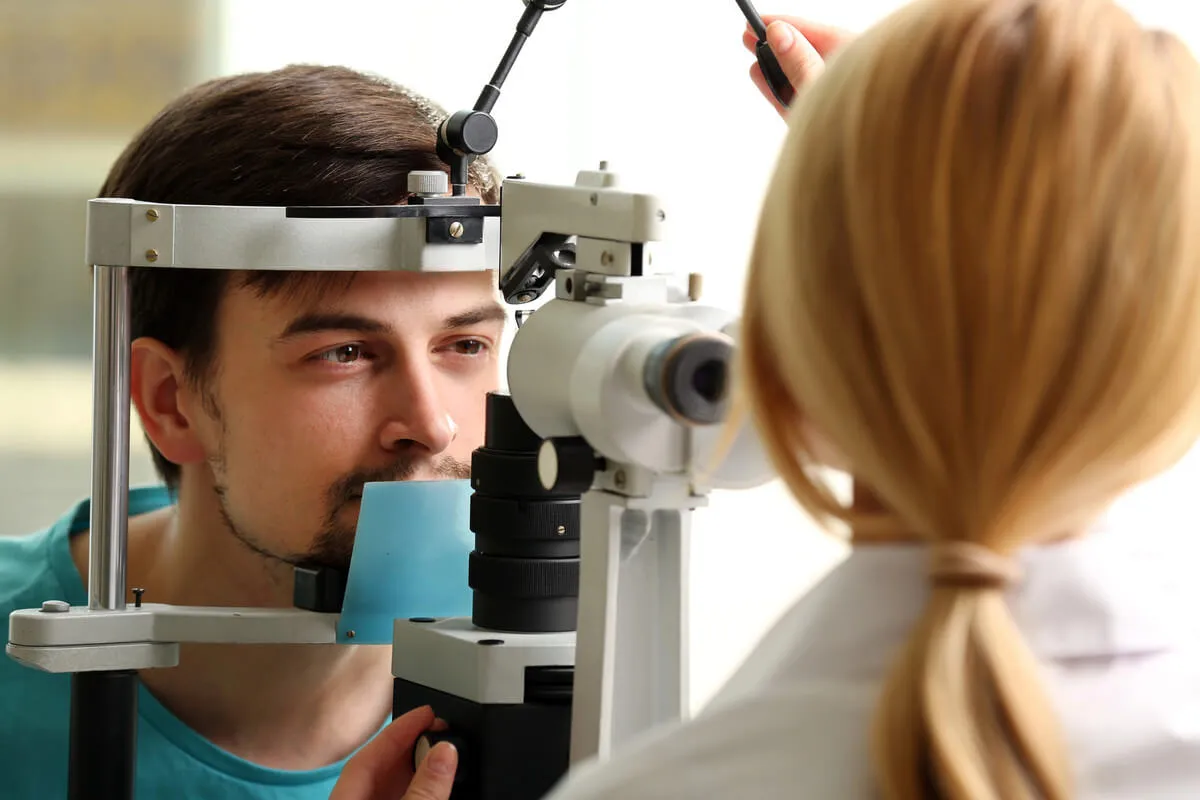
Ophthalmology
Ophthalmology is a specialized branch of medicine dedicated to the study, diagnosis, and treatment of eye disorders. With a focus on preserving and improving vision, ophthalmology plays an integral role in addressing a range of conditions that affect eye health. From routine eye exams to advanced medical procedures, ophthalmology offers a pathway for managing eye-related concerns.
What Is Ophthalmology?
Ophthalmology is a field of medicine that focuses exclusively on the health of the eyes. Professionals working in this area undergo extensive training to diagnose and treat diseases of the eye. These specialists can manage a variety of conditions affecting vision and eye health, ranging from mild irritation to more complex disorders.
Ophthalmology encompasses more than just diagnosing and treating eye conditions. It also involves preventive care aimed at maintaining overall eye health. Ophthalmologists often collaborate with optometrists and other healthcare professionals to ensure individuals receive comprehensive eye care tailored to their needs.
Preventing Common Eye Disorders Through Ophthalmology
Regular preventive care is a key component of ophthalmology. Comprehensive eye examinations allow ophthalmologists to identify early signs of conditions that may impact vision. For age-related conditions or those caused by environmental exposure, these exams provide a foundation for early intervention.
Lifestyle counseling is another element of prevention within ophthalmology. Professionals may provide advice on how habits like screen usage, UV protection, or proper hygiene can influence eye health. Detecting conditions early enables the application of less invasive management strategies, while helping preserve vision over time.
Common eye disorders treated by an ophthamologist may include:
- Myopia (Nearsightedness): A condition where distant objects appear blurry while close objects are seen clearly. It occurs due to an elongated eyeball or an overly curved cornea.
- Hyperopia (Farsightedness): A condition where close objects are blurry while distant objects remain clearer. It results from a shorter-than-normal eyeball or a flatter cornea.
- Astigmatism: Characterized by blurred or distorted vision caused by an irregularly shaped cornea or lens.
- Cataracts: A clouding of the eye’s natural lens, often associated with aging, that results in blurry vision, reduced color perception, and sensitivity to light.
- Glaucoma: A group of disorders characterized by damage to the optic nerve, potentially leading to vision loss or blindness if left untreated.
- Diabetic Retinopathy: A complication from diabetes that affects the blood vessels in the retina, causing swelling, leakage, or abnormal blood vessel growth.
- Dry Eye Syndrome: A condition where the eyes do not produce enough tears, or the tears evaporate too quickly, causing irritation, redness, and discomfort.
- Retinal Detachment: A medical emergency where the retina pulls away from its normal position, which can lead to permanent vision loss if not treated promptly.
Key Treatments Offered Through Ophthalmology
Ophthalmology offers a diverse range of treatment methods that cater to varying degrees of eye-related conditions. Treatments may include prescription eyewear or medications designed to address specific vision or eye health challenges.
Surgical procedures are another prominent aspect of ophthalmology. Advancements in surgical techniques have made interventions more precise, improving outcomes for many individuals with complex eye disorders. Those living with chronic eye diseases often benefit from routine follow-ups, which enable ongoing treatment adjustments and provide opportunities to monitor progression of an eye condition.
Explore Professional Support for Eye Health
Ophthalmology serves a dual function in enhancing both the prevention and treatment of eye disorders. By engaging with qualified professionals, individuals can manage their eye health effectively while addressing conditions that might impact their quality of life. If you’re seeking clarity on how to integrate proactive eye care into your routine or are managing specific concerns, consult an eye care specialist today.
Discover the latest news and updates on The Blog Verge






